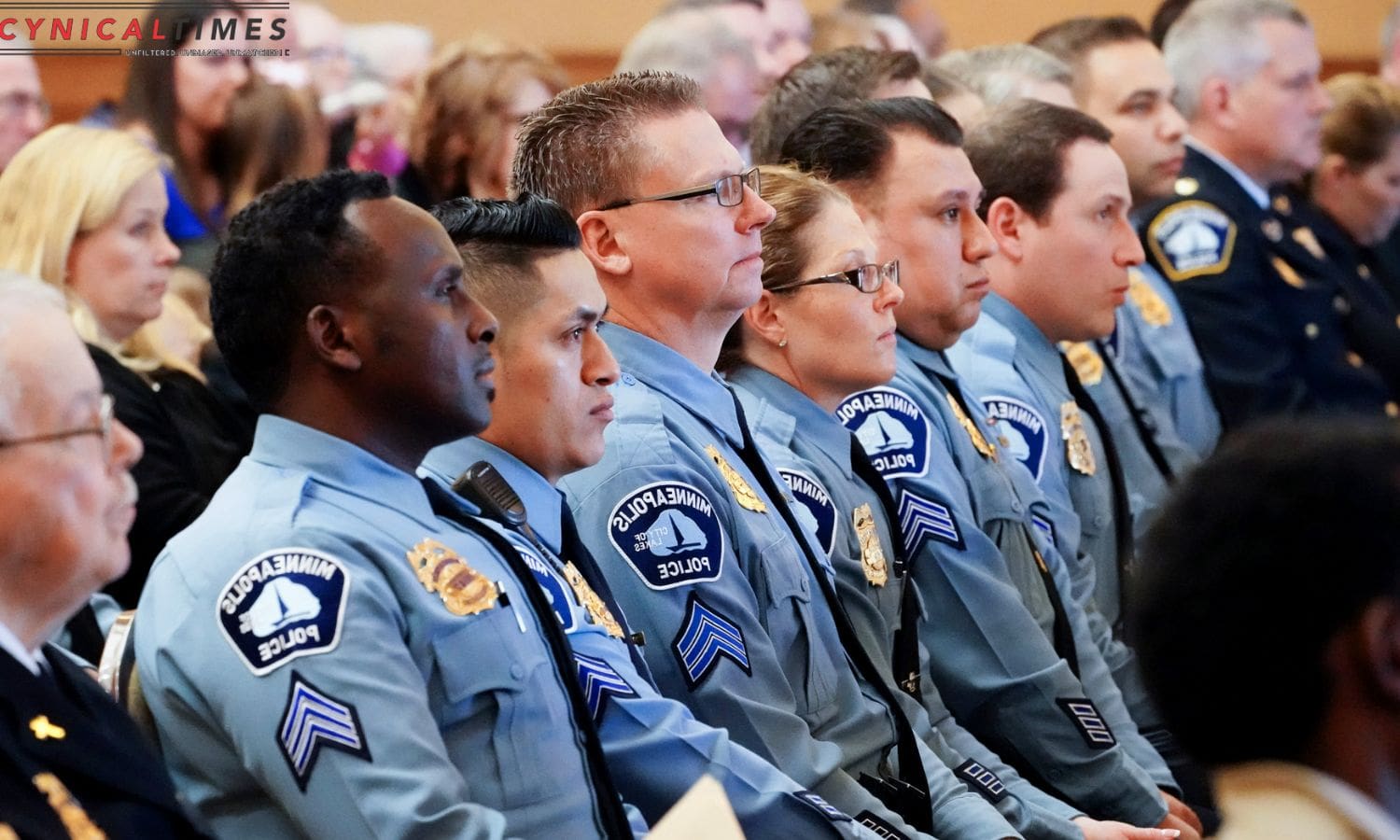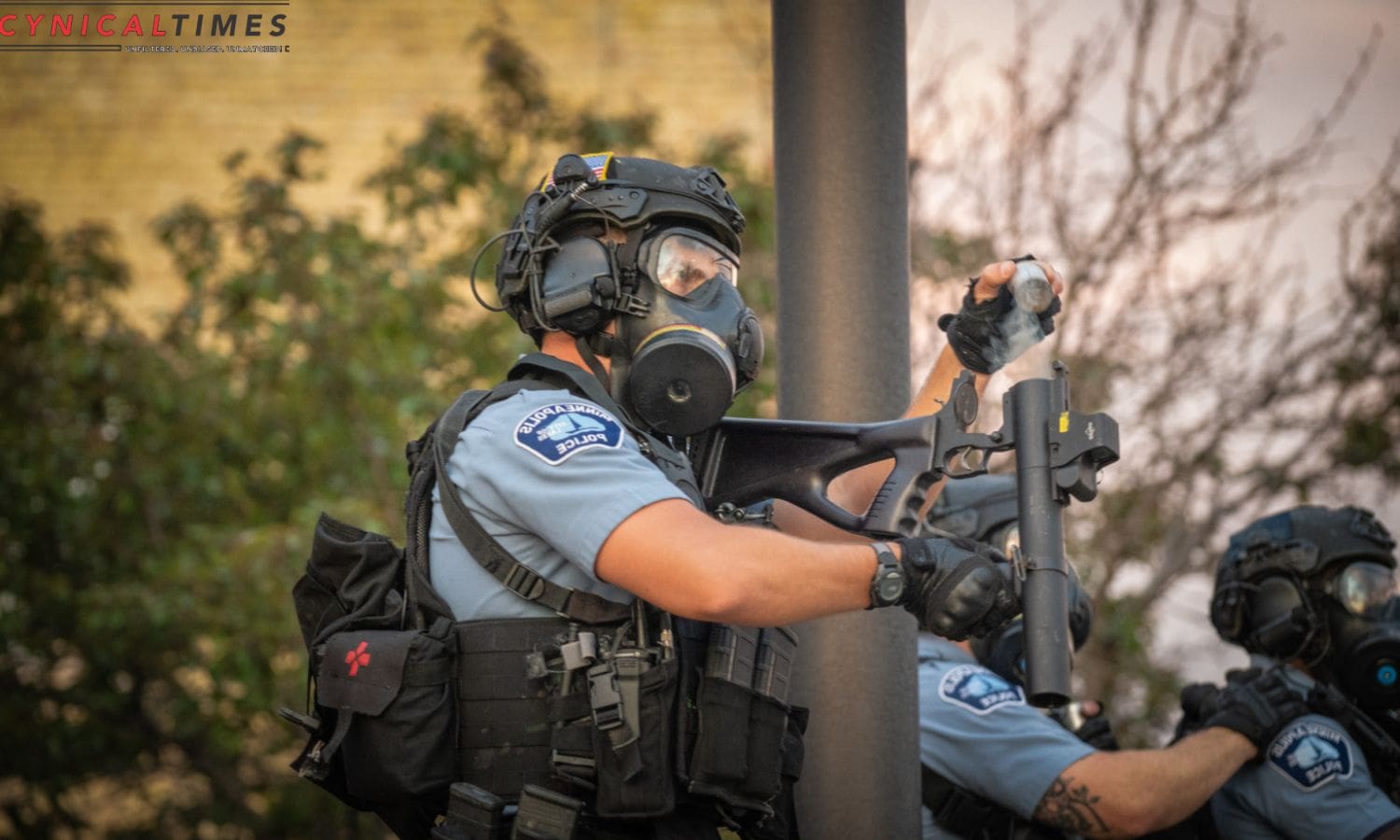Legal Challenge to Police Chief Ballot Measure: In a recent ruling, Santa Clara Superior Court Judge Kuhnle rejected a last-minute legal challenge to the language of a ballot measure regarding the selection of the police chief.
The petitioners failed to demonstrate any violation of the State Elections Code, and the judge emphasized the absence of bias in the measure’s language.
Drawing on legal precedents, Judge Kuhnle highlighted the limited role of the judiciary and the presumption of accuracy in determining the validity of the measure.
Key Takeaways Of Legal Challenge to Police Chief Ballot Measure
- The legal challenge to the language of the Police Chief Ballot Measure was rejected by Judge Kuhnle.
- The challenge was filed after the deadline and the petitioners were unsuccessful in seeking alterations to the ballot text.
- The court found that the petitioners failed to demonstrate a violation of the state elections code and lacked clear and convincing evidence.
- Judge Kuhnle ruled that there was no bias in the language of the measure and that concerns regarding bias and partiality were not substantiated by evidence.


Last-Minute Challenge to Measure B Language Denied by Santa Clara Superior Court:
The last-minute challenge to the language of Measure B, a ballot measure concerning the appointment of the city’s police chief, has been denied by the Santa Clara Superior Court.
Petitioners who sued the city over the wording of the measure sought alterations to the ballot text but were unsuccessful in their efforts. The challenge was filed ten days after the December 8 deadline, which may have played a role in the court’s decision.
Santa Clara Superior Court Judge Thomas Kuhnle rejected the eleventh-hour request, delivering a setback to those who were hoping for changes to the language of Measure B.
This ruling means that the original text of the ballot measure will stand, allowing voters to make an informed decision on this important issue.
Petitioners Fail to Demonstrate Violation of State Elections Code
Unsuccessfully, the petitioners failed to demonstrate a violation of the state elections code in their legal challenge to the police chief ballot measure, as determined by Judge Kuhnle.
In his ruling, Judge Kuhnle highlighted the lack of ‘clear and convincing evidence’ presented by the petitioners to support their claim. The court carefully examined the concerns raised by the petitioners, which centered around the omission of specific words in Measure B’s language. However, the court found these arguments insufficient to prove a violation of the state elections code.
The decision highlights the importance of providing compelling evidence when challenging the language of a ballot measure. It also underscores the need for thorough legal analysis and a clear understanding of the requirements set forth by the state elections code.


Also Read: Milpitas Battle for Affordable Housing and the 2024 Mayoral Race
Judge Kuhnle’s Ruling: Absence of Bias in Measure B Language:
Judge Kuhnle’s ruling affirmed the absence of bias in the language of Measure B, the police chief ballot measure. The judge stated that the concerns raised by the petitioners regarding bias and partiality were not substantiated by evidence.
He emphasized that the language used in the measure did not reflect the viewpoint of the City Council and did not belittle alternative perspectives. The judge also highlighted that the completeness of a ballot question was not a decisive factor, and that the court presumed the accuracy of the language, granting considerable leeway to the drafters.
This ruling indicates that the language of Measure B was impartial and did not favor any particular viewpoint, supporting the integrity and fairness of the ballot measure.
Precedents: Martinez v. Superior Court (2006) and McDonogh v. Superior Court (2012):
Drawing upon the cases of Martinez v. Superior Court (2006) and McDonogh v. Superior Court (2012), these precedents shed light on how courts evaluate bias and accuracy in ballot language, further strengthening the ruling affirming the absence of bias in the language of Measure B, the police chief ballot measure.
- Martinez v. Superior Court (2006): This case involved a challenge to the ballot language for a sales tax increase in Los Angeles. The court emphasized the importance of providing voters with clear and accurate information, while also recognizing the need for brevity in ballot language.
- McDonogh v. Superior Court (2012): In this case, the court examined the ballot language for a pension reform measure in San Jose. The court emphasized that the language must be neutral and not favor one side over the other.
- Both cases highlight the courts’ commitment to ensuring that ballot language is fair, accurate, and unbiased.
- By considering these precedents, the judge in the current case was able to evaluate the language of Measure B and determine that it met the necessary standards for a fair and unbiased ballot measure.


Judge Kuhnle’s Emphasis on Limited Judicial Role and Presumption of Accuracy
Continuing the discussion, Judge Kuhnle’s emphasis on limited judicial role and presumption of accuracy underscores the importance of clarity and objectivity in ballot language.
The court recognizes that it should not substitute its judgment when reasonable minds may differ on the sufficiency of a question. This approach ensures that the ballot language remains unbiased and allows voters to make informed decisions.
By maintaining a presumption of accuracy, the court avoids unnecessary interference unless clear evidence of a violation is presented. This highlights the court’s commitment to upholding the integrity of the electoral process while respecting the democratic principle of allowing the people to decide.
The decision’s broader implications for ballot language scrutiny emphasize the need for transparency and fairness in presenting issues to voters.


Conclusion Of Legal Challenge to Police Chief Ballot Measure
The legal challenge to the police chief ballot measure has been rejected by the Santa Clara Superior Court. The petitioners were unable to demonstrate a violation of the State Elections Code.
Judge Kuhnle ruled that there was no bias in the language of Measure B, citing previous cases as precedent. The judge emphasized the limited role of the judiciary and the presumption of accuracy.

